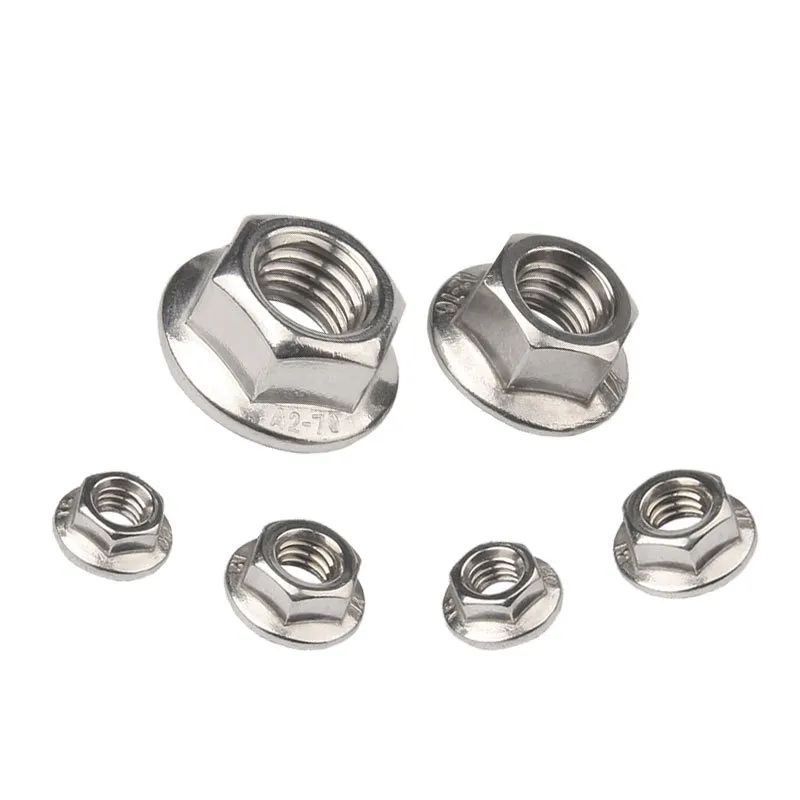

lock washer spring
окт. . 06, 2024 00:43 Back to list
lock washer spring
Understanding Lock Washer Springs An Essential Component in Mechanical Assemblies
Lock washer springs are an indispensable element in the assembly of various mechanical and structural components. These small yet crucial devices play a significant role in enhancing the reliability and longevity of bolted connections. This article delves into the importance, types, and applications of lock washer springs in different industries.
Lock washers are designed to prevent nuts and bolts from loosening due to vibrations, thermal expansion, and other dynamic forces. The primary function of a lock washer spring is to exert a constant force over time, ensuring that the fastener remains tightly secured. Unlike standard washers, lock washer springs are engineered to provide a gripping effect that resists rotational motion, thereby maintaining the integrity of the joint.
There are several types of lock washer springs available, each tailored for specific applications. The most common types include split lock washers, Belleville washers, and wave washers. Split lock washers have a unique design that allows them to dig into the surfaces of both the nut and the bolt, providing friction that prevents loosening. Belleville washers, on the other hand, have a conical shape that allows them to compress under load, providing a consistent force even under varying conditions. Lastly, wave washers are characterized by their wavy shape, which distributes load and offers flexibility, making them ideal for applications with dynamic loads.
lock washer spring

The functionality of lock washer springs is particularly evident in sectors where equipment and machinery are subjected to continuous vibrations. For instance, in the automotive industry, lock washer springs are commonly used in engines and suspensions, where they help maintain the integrity of assemblies under constant movement. In the aerospace sector, these washers ensure that critical components remain secure during flight operations, where the environment is subject to extreme forces.
Furthermore, the use of lock washer springs extends beyond heavy machinery. Everyday items, such as appliances and furniture, often use these washers to enhance durability and performance. For example, in furniture assembly, lock washer springs are employed to secure bolts and nuts, preventing them from loosening over time due to user movement.
Choosing the right lock washer spring involves considering several factors, including the material, size, and specific application requirements. Common materials used in manufacturing lock washers include stainless steel, carbon steel, and various alloys, each offering distinct benefits such as strength, corrosion resistance, and thermal stability. Proper selection ensures that the lock washer spring performs optimally and extends the lifespan of the assembly.
In conclusion, lock washer springs are vital components in ensuring the reliability and safety of mechanical assemblies across various industries. Their ability to withstand dynamic forces and maintain secure connections makes them an essential part of many applications, from heavy machinery to everyday household items. As technology continues to advance, the design and material choices for lock washer springs are likely to evolve, further enhancing their effectiveness and applications in modern engineering. By understanding their importance, engineers and manufacturers can make informed choices that contribute to the longevity and performance of their products.
Latest news
-
Hot Dip Galvanized Bolts-About LongZe|High Strength, Corrosion Resistance
NewsJul.30,2025
-
High-Strength Hot Dip Galvanized Bolts - Hebei Longze | Corrosion Resistance, Customization
NewsJul.30,2025
-
Hot Dip Galvanized Bolts-Hebei Longze|Corrosion Resistance&High Strength
NewsJul.30,2025
-
High-Strength Hot-Dip Galvanized Bolts-Hebei Longze|Corrosion Resistance&High Strength
NewsJul.30,2025
-
Hot Dip Galvanized Bolts-Hebei Longze|Corrosion Resistance&High Strength
NewsJul.30,2025
-
Hot Dip Galvanized Bolts - Hebei Longze | Corrosion Resistance, High Strength
NewsJul.30,2025

